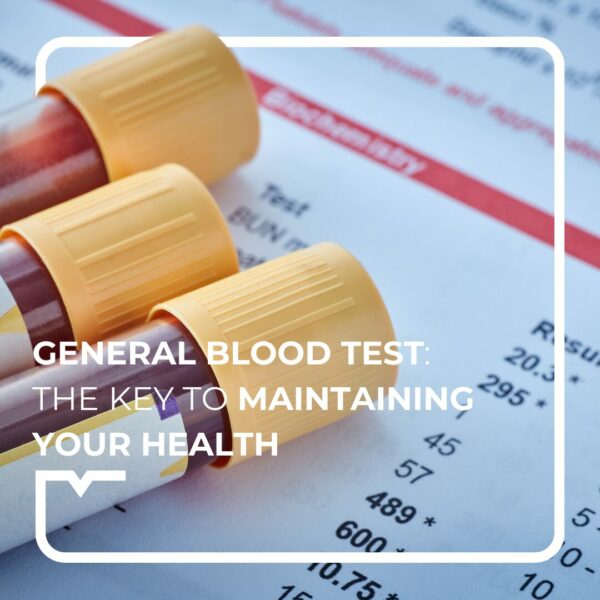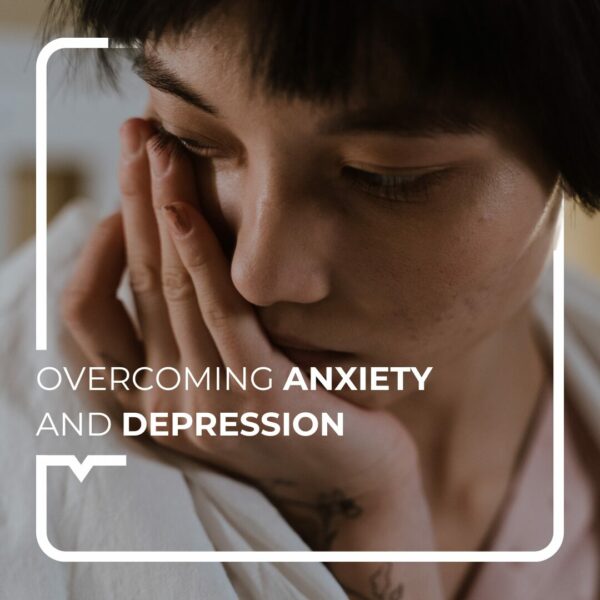Winter brings its fair share of health challenges, from colds and sore throats to flu, gastroenteritis and even covid-19. To get through the cold season in the best possible way, it’s essential to adopt preventative measures and take the appropriate medical steps for a good health in winter and improve his immune system.
Hello, I’m Dr Joy, to protect you and those around you, I’m back with this article.
Let’s look at how to protect your health during the winter months and what medical approaches work to boost your immune system.
The immune system: the guardian of our health
The immune system is our natural defence against harmful invaders. Made up of specialised cells, organs, and proteins, it works together to protect the body against infection. Immune cells, such as T and B lymphocytes, are among the main guardians, while immunological memory allows for quicker responses to known threats. When you were infected with gastroenteritis, your body produced specific antibodies to fight the virus. When you are subsequently exposed to the same virus, your body’s immunological memory recalls these previously created antibodies. As a result, the immune response is faster and more effective, reducing the severity of the infection or even preventing it altogether.
Strategic organs such as the bone marrow support the production of immune cells, and specific proteins such as antibodies and cytokines play vital roles in the fight against pathogens.
In short, understanding the essential role of the immune system guides us towards effective preventative measures, which are essential for maintaining optimum health, particularly during the winter months.
Boost your immune system naturally
Winter can weaken our immune system, making us more vulnerable to infections. Healthy lifestyle habits, such as a balanced diet rich in vitamins and minerals, adequate sleep, and sufficient hydration, are essential for naturally boosting our immunity.
Simple tips, such as adding garlic and ginger to the diet, can also boost the body’s natural defences.
The importance of physical exercise in winter
Regular physical exercise remains crucial, even in cold weather. Not only does it help maintain a healthy weight, but it also stimulates blood circulation and strengthens the immune system.
Activities such as walking, swimming and yoga can be suited to winter to ensure a regular exercise routine.
Stress management for better immunity
Stress management techniques, such as meditation and deep breathing, are powerful tools for strengthening our resilience to the pressures of everyday life.
Regular moments of relaxation can help maintain an emotional balance that is beneficial for general health in winter particulary.
Here’s some advice from Claire, a relaxation therapist and hypnotherapist who specialises in helping people with hypersensitivity and neuroatypia.
Heart coherence breathing is a powerful tool for managing emotions.
It induces a state of physiological, mental and emotional balance that leads to concentration and release.
This neuroscientifically validated method was developed by Dr David O’Hare.
It balances the two branches of our autonomic nervous system: the sympathetic nervous system (alertness/adaptation to stress) and the parasympathetic nervous system (recovery/healing).
The principle of this method is 3-6-5.
Breathe 3 times a day, for 6 breathing cycles per minute, for 5 minutes.
The benefits are countless:
- Stress and anxiety management
- Improved sleep quality
- Etc.
This will have a direct impact on the quality of your immune response.
A diet rich in vitamins and minerals for good health in winter
Food plays a central role in supporting the immune system. A balanced diet, rich in vitamins and minerals, is a valuable source of essential nutrients.
- Vitamin C : abundant in citrus fruits, berries and green vegetables, vitamin C increases the production of immune cells and plays a key role in fighting infections.
In Portugal, it’s the ideal time to eat oranges.
- Vitamin D : often synthesised through exposure to the sun, vitamin D is also present in oily fish, eggs, and mushrooms. It is crucial for regulating the immune system.
- Zinc : Found in meat, seeds, and pulses. Supports the function of immune cells and participates in the inflammatory response.
- Vitamin A : Found in orange-coloured vegetables such as carrots and sweet potatoes, it is essential for the development and maintenance of immune cells.
- Iron : Abundant in meat, green vegetables and pulses, iron is vital to produce red blood cells, promoting healthy blood circulation, which is essential for the transport of immune cells.
A balanced diet, including a variety of fruits, vegetables, lean protein sources and whole grains, provides the nutrients needed for the immune system to function properly.
Advice from Élodie, a nutritionist at the Alegria Medical Centre: In winter, I try to get enough sleep and I don’t neglect sport. I take advantage of the sun as early as possible and boost my omega-3 intake with sardines, quality eggs and even a food supplement!
Light therapy, our source of vitamin D
With shorter days, light therapy can help compensate for the lack of natural light, helping to regulate mood and sleep cycles.
As we saw above, moderate exposure to the sun is crucial for the synthesis of vitamin D. This plays a central role in regulating the immune system. Precautions should be taken to avoid the harmful effects of UV rays, but supplementation can be considered when sun exposure is limited.
In Lisbon, we are lucky enough to have a mild winter that allows us to expose our arms and face for around thirty minutes a day (always with sun protection).
Preventive medical solutions for a good health in winter
- Vaccination
Flu vaccines and other recommended vaccinations can play a key role in preventing winter illnesses. They help to reduce the severity of symptoms and avoid complications. - Food supplements
Sometimes certain vitamins and minerals are not supplied in sufficient quantities for the body. This can be the case with vitamin C, zinc and probiotics, which can boost the immune system. In these cases, you can add food supplements to your daily routine.
However, it is essential to consult a health professional before starting any supplementation programme.
5 measures to take if you have a cold, cough or sore throat
Even with the best precautions, it’s sometimes difficult to avoid common winter illnesses such as colds, coughs, and sore throats. When faced with these discomforts, taking these simple steps can help speed up the healing process and reduce symptoms.
- Rest and hydration
Give your body the time it needs to recover by getting enough rest. Hydration is also crucial. Warm drinks, such as tea with honey or soup, can soothe a sore throat and keep you well hydrated. - Gargle with saline solution
Gargling with salt water is an old but effective remedy. Add half a teaspoon of salt to a glass of warm water and use it to gargle several times a day. This can help reduce inflammation and relieve sore throats. - Inhalation of vapours
Steam inhalation is a soothing way to relieve nasal congestion. Hold your head over a bowl of hot water, cover it with a towel and breathe deeply. You can also add a few drops of eucalyptus or peppermint essential oil for an extra decongestant effect.
Essential oils are not recommended for epileptics, asthmatics, pregnant women, or children under 6 years old. Talk to your doctor.
- Use of tablets or syrups
Throat lozenges or cough syrups can provide temporary relief from symptoms. Choose products that contain soothing ingredients such as mint, honey or glycerol to help calm your cough and throat. - Medical consultation, if necessary
Si les symptômes persistent ou s’aggravent, n’hésitez pas à consulter un professionnel de santé. Un médecin peut recommander des traitements spécifiques ou déterminer si des complications nécessitent une attention particulière.
If symptoms persist or worsen, don’t hesitate to consult a health professional. A doctor can recommend specific treatments or determine if there are any complications that require special attention.
Winter doesn’t have to mean pain and illness.
Thanks to preventative measures such as strengthening the immune system, stress management and regular exercise, as well as sensible medical solutions, we can get through this season in optimal health.
Always consult a health professional for personalised advice and adapt these recommendations to your individual needs. By taking care of our health during the winter, we are better equipped to make the most of the season, keeping us in good shape.
Have a good winter,
Dr Joy!
This information is not a substitute for medical advice.
You must seek the advice of your doctor or another qualified health professional with any questions you may have regarding your health condition.



